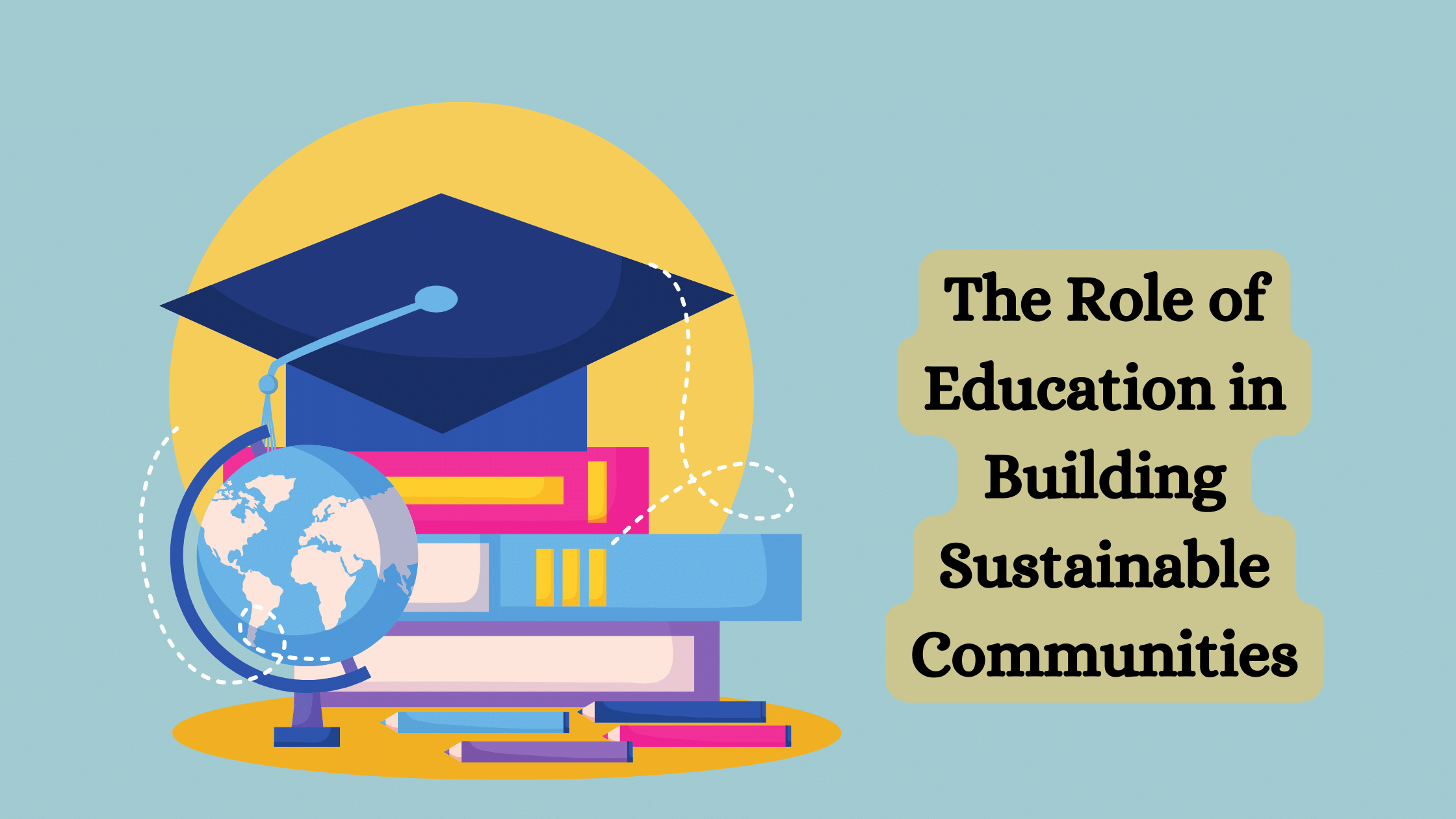
In an era where the sustainability of our communities and the broader environment is more crucial than ever, the connection between education and sustainability emerges as a pivotal force. This article ventures into the essential role that education plays in nurturing sustainable communities, a journey not just of academic pursuit but of fostering lifestyles and practices that ensure the well-being of our planet and future generations. Through education, we equip individuals with the consciousness and capabilities needed to make impactful decisions that promote environmental health and social equity.
Understanding Sustainability and Education
At the core of sustainable development lies the concept of meeting our own needs without compromising the ability of future generations to meet theirs. Integrating sustainability into education motivates both students and community members to protect our planet. Education in sustainability not only involves theoretical knowledge about global challenges but also includes practical learning and community activities that instill a sense of responsibility and proactive engagement in environmental management.
Educational Pathways to Sustainability
Educational routes toward sustainability are diverse, yet specialized degrees, particularly in fields like public administration, significantly contribute to this cause. Such programs equip graduates with a deep understanding and the skills necessary to influence and navigate the complex interactions between public policy and sustainable development. With a focus on sustainable urban planning and environmental policy, these educational paths prepare individuals to take on significant roles in creating a more sustainable future. Importantly, many leaders and educators driving sustainability initiatives enhance their impact through qualifications such as a Masters in Public Administration, underlining the degree’s vital importance in promoting sustainable communities.
The Impact of Environmental Education
Environmental education is a critical pillar for sustainable communities. By exposing students to the intricacies of ecosystems, the importance of biodiversity, and the principles of sustainable living, this form of education cultivates a generation of informed citizens ready to act on behalf of the environment. Through hands-on projects and community involvement, environmental education transforms abstract concepts into tangible actions, encouraging individuals to live more sustainably and to advocate for policies that protect natural resources.
Economic Sustainability through Education
Economic sustainability is intricately linked to education. Vocational training and entrepreneurship education, for instance, empower individuals with the skills to create sustainable businesses that contribute to the economic vitality of their communities without depleting natural resources. This aspect of education not only fosters job creation and economic diversity but also promotes a shift towards green technologies and sustainable business models. By integrating sustainability into economic education, we prepare a workforce capable of driving forward an economy that is both robust and in harmony with the environment.
Social Sustainability and Community Engagement
Education’s impact on social sustainability is profound. By promoting values of inclusivity and community participation, educational institutions can promote social cohesion and empowerment. Initiatives that encourage community engagement, such as service-learning projects and community-based research, foster a sense of belonging and responsibility among individuals. These programs not only enhance social sustainability but also build bridges between diverse groups, promoting a culture of understanding and mutual respect that is essential for the well-being of any community.
Technology and Sustainable Educational Practices
In an age dominated by digital innovation, technology plays a pivotal role in advancing sustainable education. Digital platforms and e-learning tools offer unprecedented access to knowledge and resources, breaking down geographical and socioeconomic barriers. Moreover, technology facilitates the adoption of more sustainable practices within education itself, from reducing paper use through digital textbooks to enabling global collaboration on sustainability projects. By harnessing the power of technology, educators can create more dynamic and impactful learning experiences that resonate with the digital-native generation.
Challenges and Opportunities in Sustainable Education
Despite its potential, sustainable education faces numerous challenges, including limited resources and the need for comprehensive curriculum reforms. However, these obstacles also present opportunities for innovation, collaboration, and growth. Addressing these challenges requires a strenuous effort from policymakers, educators, and communities to invest in sustainable infrastructure, advocate for policy changes, and develop curricula that reflect the interdisciplinary nature of sustainability. Through perseverance and creativity, the educational community can navigate these hurdles and emerge stronger, more adaptable, and better equipped to contribute to sustainable development.
Case Studies: Successful Models of Sustainable Education
Inspiration can be drawn from around the globe, where various educational programs and initiatives have made significant strides in building sustainable communities. These success stories, ranging from grassroots environmental education programs to university-led sustainability research projects, demonstrate the tangible impact of education on sustainability outcomes. By examining these models, educators and policymakers can gain valuable insights into effective strategies, best practices, and potential pitfalls, paving the way for replication and adaptation in different contexts.
Conclusion
The role of education in building sustainable communities is multifaceted and indispensable. Through fostering social sustainability, leveraging technology, overcoming challenges, and learning from successful models, education has the power to shape a sustainable future. This journey is not solitary; it demands collaboration among educators, students, communities, and governments. By embracing a holistic and inclusive approach to education, we can cultivate resilient, sustainable communities that are equipped to face the environmental, economic, and social challenges of our time. The path to sustainability is complex and continuous, but with education as our guide, we have the tools to navigate it successfully, ensuring a thriving planet for generations to come.